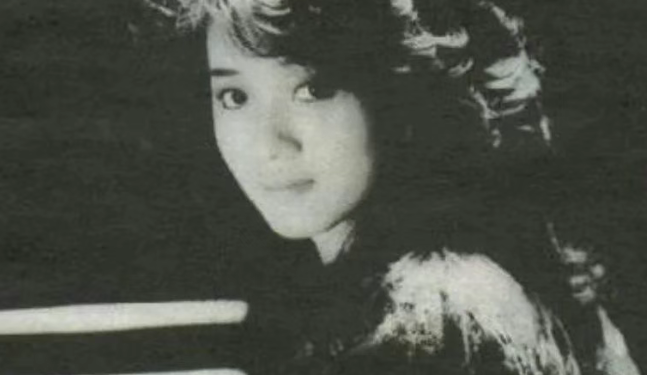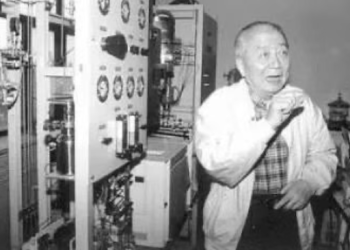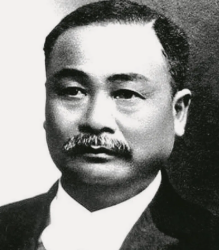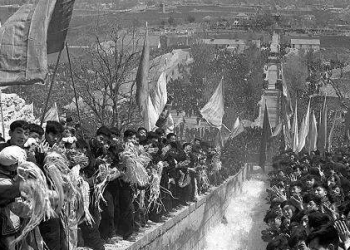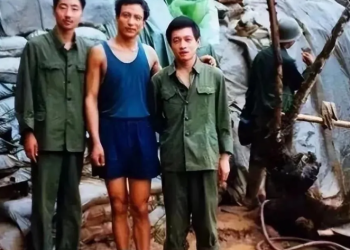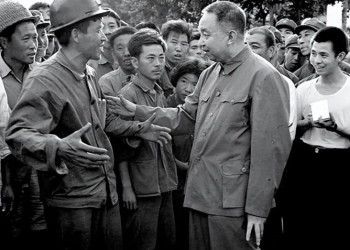Time flies. Anita Mui, the legendary “Daughter of Hong Kong,” departed from this world 21 years ago. Over these 21 years, she has been universally revered; whenever her name is mentioned, Chinese hearts brim with respect.
If Anita Mui’s life could be summed up in two words, it would be: “Legendary.”
Her life was undeniably brilliant:Five consecutive years she earned the Most Popular Female Singer at the Hong Kong Top Ten Chinese Gold Songs Awards, received the Highest Honor—Golden Needle Award, and set the global record for most concert performances by a Chinese-language female singer.Her voice graced immortal classics such as “Song of the Sunset”, “Intimate Lover”, and “Woman Flower”.Named one of the Century’s Top 100 Chinese Actors, she also won Best Actress accolades at both the Hong Kong Film Awards and Taiwan’s Golden Horse Awards.
Yet beyond the glow of the stage, the people who knew Anita often described her as having a chivalrous heart and gentle compassion—a persona reminiscent of martial heroines in Jin Yong’s novels. But it is easy to forget that offstage, she was a woman with ordinary hopes and vulnerabilities.

“Successful people often rise from trails of struggle and hardship.”
Born into poverty, Anita’s family moved from Guangzhou to Hong Kong, a place where dreams could be made. Her mother relied on homemade herbal remedies to run a small Chinese medicine clinic, while her father worked on ships—an apparent freedom, but just barely keeping the family afloat.
Under immense familial pressure, they once considered selling their unborn daughter—Anita. But fate smiled on her, and she remained with the family.
At the same time, her father disappeared after a voyage and never returned. Anita never knew or spoke with her father. The tragedy affected not only her—but her mother most deeply.
Overwhelmed by the burden of raising four children solo, her mother grew harsh. Any small misstep by the children led to severe discipline—with Anita, the youngest, bearing the brunt. She would persist in doing what she believed in—even if it led to punishment.

As she entered adolescence, Anita’s defiant streak grew. Still, the young girl did what she could to support her overworked mother, helping with the household chores even though she was still very young.
The family of five lived in a crowded flat in Mong Kok—cramped but held together by love. Then a stepfather entered the picture and began manipulating Anita emotionally, but along with the strain, she discovered her fiery spirit and her gift for performance.
But amidst turmoil, hope came in the form of her sister Mei Aifang. Her only pleasure in childhood was following her sister on stage, singing. They both had quick tempers—they might squabble before a performance—but on stage, they were each other’s brightest stars.
At age 19, Anita’s first breakthrough arrived. The composer Lai Siu Tin encouraged both sisters to enter the “Hong Kong New Talent Singing Competition.” Anita hesitated to go, doubting herself. Her sister secretly registered them both. Aifang didn’t make it—but Anita won first place.

That night, Aifang cried tears of joy—her sister’s victory was the fruit of years of shared struggle.
But in that era, even singers weren’t without criticism. After winning, the press accused Anita of loving makeup and tattoos. At school, no one played with her—she was labeled a “karaoke girl.” But having grown up in hardship, she paid no mind.
Her first album, “Heart’s Debt,” marked her official debut in the music industry. The Hong Kong and broader Chinese music scene wasn’t yet prepared—but her breakthrough single changed everything.A year later, her second album, “Red Anita Mui,” mainly consist of covers, achieved five platinum certifications in Hong Kong and garnered both the Asian Special Award and TBS Grand Prize at the Tokyo Music Festival.
Lai Siu Tin, who had encouraged her into the competition, produced these albums. While older sister Aifang provided emotional support, Lai helped shape her career foundation.
Another pivotal figure entered her life—Lau Pei Kee. On her third album, “Bygone Years,” he styled her with a masculine image, making girls suddenly feel they, too, could be cool. This marked her first major transformation—a second turning point in her career. Later she embraced chameleon-like versatility with albums like “Bad Girl” and “Queen of Hearts,” earning the moniker “Ever-changing Diva.”
Though some criticized her for it, the real Anita pressed on undeterred.

Music paved her path into acting. She collaborated with artists like Kitaro, Paula Tsui, Andy Lau, and Sandy Lam. Among them, her lifelong best friend was Leslie Cheung. She once famously said to him:“If I’m still unmarried by forty, would you marry me?”
They met in 1982—Anita at 19, Leslie at 26, just when she was preparing her debut album. Two years later, they co-starred in the film Pumpkin, sparking a friendship like a shared dream.
They also sang tender duets like “Fate” and “A Gorgeous Youth.” At Leslie’s first concert, he invited Anita as a guest—not a PR stunt, but his desire to introduce her to more fans. Similarly, at Anita’s first solo concert (15 consecutive shows), he was a guest performer—helping her break records.
When a new movie casting was pending, and the male lead had many big names to choose from, Anita insisted on Leslie. Though they were under different companies, she suggested making a film for his company to facilitate the deal—a move dubbed a “hostage trade.” Though he knew he’d play second fiddle, Leslie agreed. The result was Rouge, a timeless love story deeply rooted in Chinese sensibility.

Though outsiders speculated they were a couple—and even saw frequent tenderness at concerts—Anita’s real love question to Leslie remained unfulfilled. In spring and winter of 2003, they passed away as if on cue—close friends with parallel fates, still evoking wonder and longing.
Anita’s life was never lonely. She had many companions and mentors—but no lifelong romantic partner. Beneath her glamorous persona, she was deeply human—and longed for love. Over forty years, though successful, true love remained simply out of reach—more elusive than fame or money.
Her last performance at the Hong Kong Coliseum was haunting. Draped in white and battling illness, she sang her final song, “Song of the Sunset,” wearing a wedding gown. It was a song of farewell—to past and present—and a quiet hope for the one who had not yet come.

Born into poverty and blossomed with grace, she used music and performance in her final moments as a farewell to the world—taking her grace with her, and leaving behind a fragrance in countless hearts.
Anita Mui may be the most elegantly defiant woman to grace the Chinese music scene. She lived deliberately, championed what she wanted—and lived well.Her life became a legend not because she dwelled in glory, but because she lived passionately—unapologetically, vibrantly, and unforgettably.
